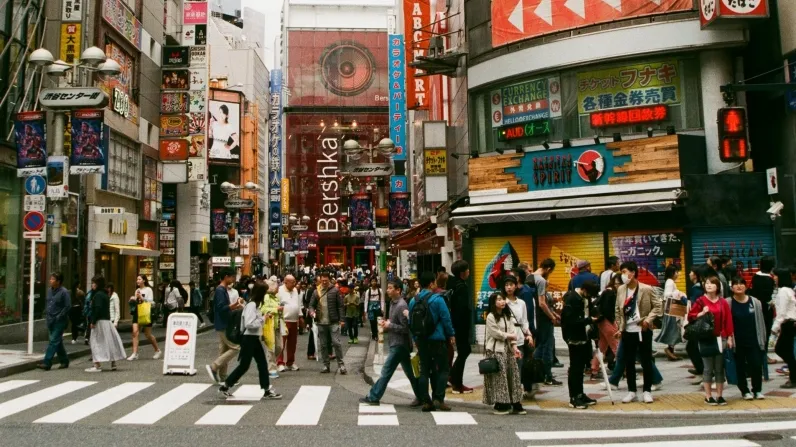
APAC retail leasing enquiries surge in Q1 2024: report
Japan has seen the most significant improvement in retail leasing sentiment.
Retailers in the Asia-Pacific region are actively expanding their store networks following the pandemic, according to CBRE’s Asia Pacific Retail Leasing Sentiment Survey.
The report revealed that over two-thirds of retail brokers have reported an uptick in leasing enquiries and site inspections during the first quarter of 2024.
Whilst the demand for retail space is expected to normalise this year, there is a noticeable interest in upgrading and relocation. The trend suggests that regional retail leasing activity will likely remain strong in the coming months.
Additionally, a significant shift has been observed in market dynamics, with half of the respondents indicating that the balance is tipping in favor of landlords.
“CBRE expects incentive levels to stabilise in most locations this year, except in mainland China, where secondary retail space continues to attract weak demand," the report noted.
ALSO READ: Stores advised to deliver consistent online-offline experience
Japan has seen the most significant improvement in retail leasing sentiment, driven by rising profitability and record tourist spending.
In Australia, growth in foot traffic and a resilient job market are supporting retail recovery, with consumer confidence rebounding in Q1 2024.
Conversely, Korea, Singapore, and India are experiencing solid retail leasing sentiment, but tight availability of prime retail space is constraining activity.
Mainland China has returned to positive sentiment due to stable retail sales during the Lunar New Year, whilst Hong Kong SAR's mood deteriorated amidst economic uncertainties.
Across the region, there is a pronounced preference for prime core retail spaces, attributed to more affordable rents post-COVID-19 and a shift back to core locations after a focus on community retail during the pandemic.
Korea leads in demand for core locations, with Myeongdong and Gangnam seeing robust enquiry levels. In Australia, quality is prioritised over location, driving leasing activity in prime CBD high streets and regional malls.
Looking ahead to 2024, most retailers plan to maintain or increase their real estate budgets and store footprints. However, economic uncertainties in Greater China may lead to consolidation, with retailers in this region exercising caution.

















 Advertise
Advertise







